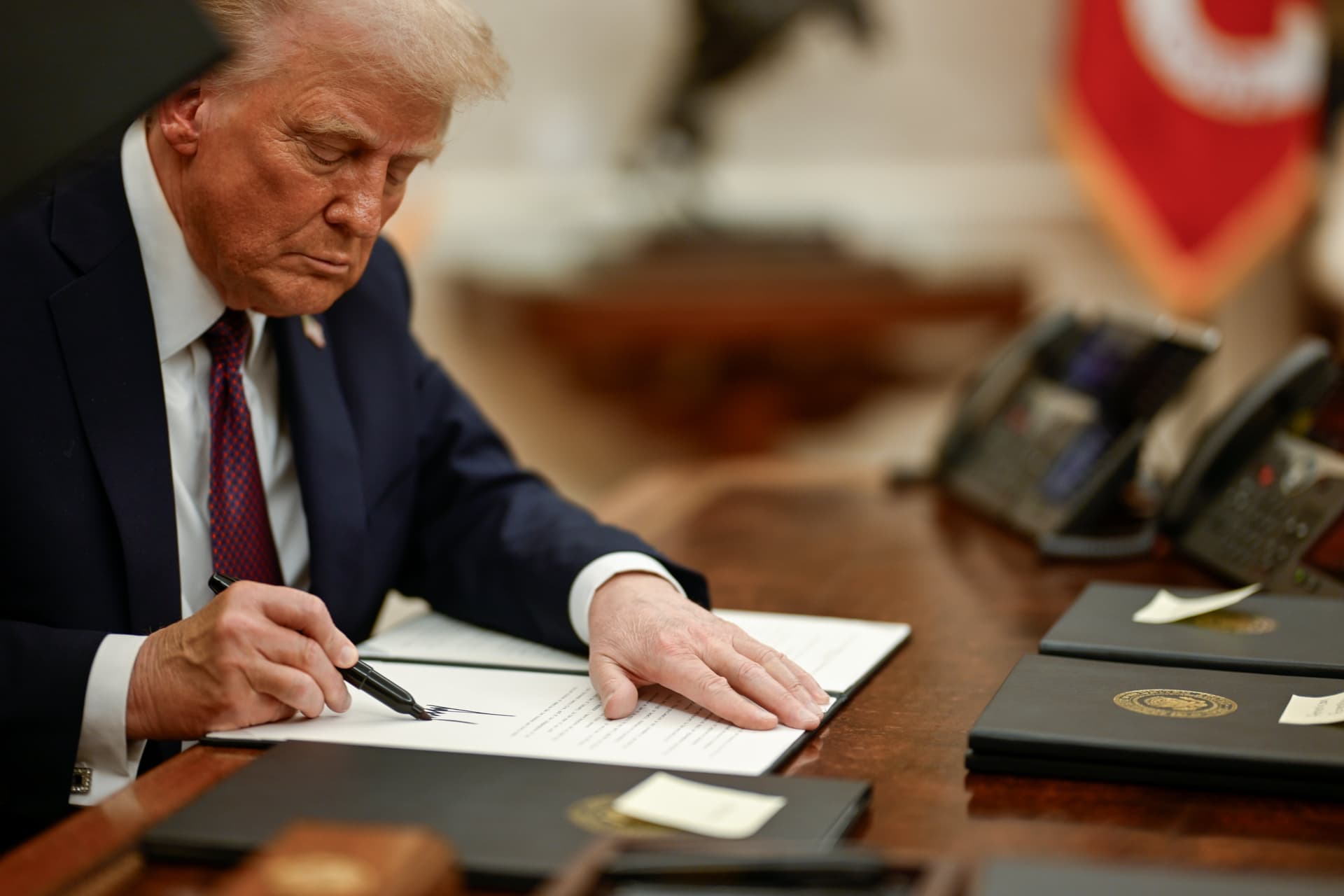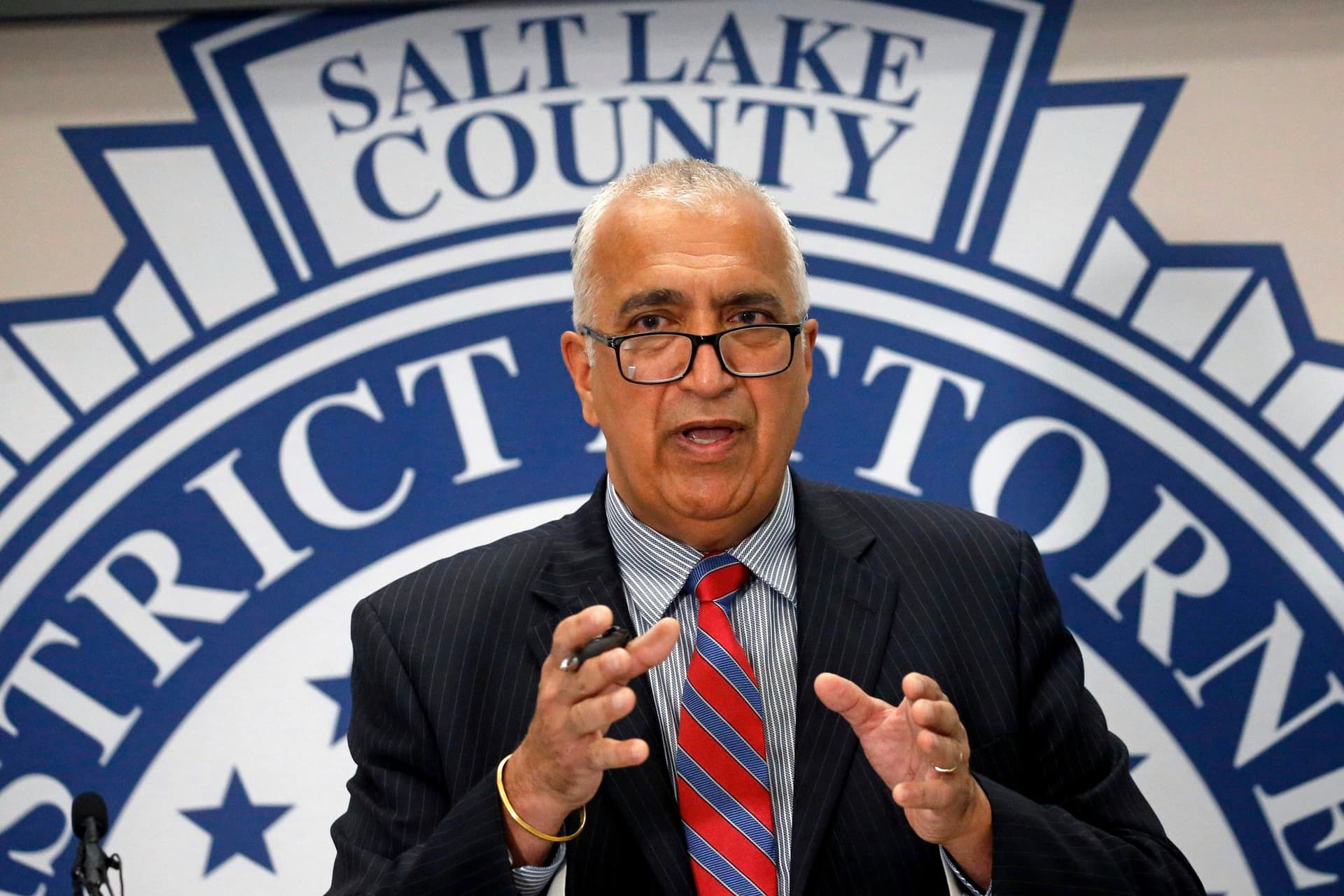Justice Department Replaces Identical Trump Signatures on Pardons
The Justice Department quietly replaced online copies of recent presidential pardons after the documents initially displayed identical reproductions of President Donald Trump’s signature. The agency called the occurrence a "technical error," while a House Oversight Committee member has demanded an inquiry into the matter, raising questions about document integrity and institutional transparency.
Listen to Article
Click play to generate audio

The Justice Department corrected online versions of recent presidential pardons this week after the initial files showed what appeared to be identical copies of President Donald Trump’s signature. The department described the problem as a "technical error" and quietly posted updated documents that no longer displayed the replicated marks.
The incident drew immediate scrutiny from lawmakers and watchdogs concerned with the integrity of executive records. Representative Dave Min, a California Democrat on the House Oversight Committee, seized on the apparent similarities in the first iteration of the pardons and called for a formal inquiry. In a statement to The Associated Press he said, "we need to better understand who is actually in charge of the White House, because Trump seems to be slipping." His criticism repurposed lines of attack once used by Republicans against the Biden administration, underscoring the partisan resonance of questions about presidential capacity and document authenticity.
Officials at the Justice Department have not provided a detailed public accounting of how the error occurred or who in the agency was responsible for posting the initial files. The department’s brief characterization of the incident as a technical error left unanswered questions about quality control procedures for posting official executive documents and the chain of custody for materials that represent presidential action.
Presidential pardons carry significant legal and symbolic weight, erasing or mitigating federal criminal penalties and often serving as a final exercise of executive authority. The public posting of those documents is intended to promote transparency and to create a clear public record of the president’s use of clemency powers. When the posted records appear inconsistent or mechanically altered, even temporarily, trust in the process can erode and fuel political contention.
Beyond immediate concerns about the authenticity of a small set of online files, the episode speaks to broader institutional vulnerabilities. Electronic publishing systems, file conversion tools, and routine workflows can introduce errors if agencies lack strict verification steps before public release. Accurate records are central to oversight by Congress and to public accountability, and lapses can prompt demands for more rigorous auditing and clearer lines of responsibility within the executive branch.
The political environment amplifies those demands. Pardons issued by a former president who remains a dominant figure in his party are already subject to heightened attention from opposing lawmakers, media outlets and civic groups. The substitution and subsequent correction of signatures will likely be used by critics and by allies alike to advance competing narratives about competence, transparency, and presidential fitness.
For now the matter rests with the Justice Department and Congress. Representative Min’s call for investigation could lead to formal oversight inquiries, which would compel agency officials to explain the technical failure and to outline steps to prevent future lapses. How the Justice Department responds, and whether it provides a fuller forensic explanation, will determine whether the episode is treated as a minor clerical fault or as a matter of institutional consequence.


